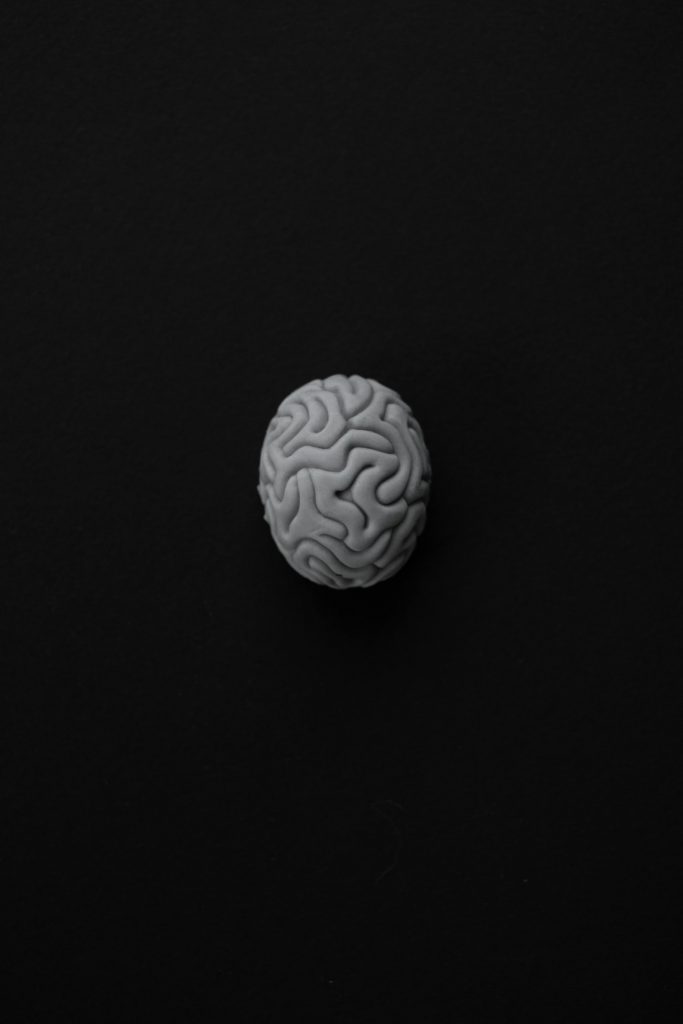
Hello, and welcome to another blog post.
I hope everyone is doing well and enjoying the spring season.
In this blog post, I wanted to discuss a psychiatric disorder that I am personally interested in, as well as a recently explored potential treatment avenue for this disorder.
Within the field of psychology, psychosis has been defined as an abnormal mental state involving issues with “reality testing”, or one’s ability to distinguish between self and non-self, and fantasy and real life (American Psychological Association, n.d.). Psychosis is marked by impaired higher brain functions, including perception, cognition, emotions, and affect. Accordingly, these impairments may manifest in behavioural abnormalities including delusions, hallucinations, and disorganized speech. Statistics reveal that approximately 3% of individuals in the United States alone will undergo psychosis (The Recovery Village, 2023).
Schizophrenia is a psychotic disorder marked by disturbed cognition, emotional responsiveness, and behaviour, with a typical age of onset between the late teens and mid-30s (American Psychological Association, n.d.). The DSM-IV-TR asserts that disturbances must continue for 6 months and include as a minimum one month of “active-phase” symptoms, consisting of two or more of the following symptoms: delusions, hallucinations, disorganized speech, disorganized or catatonic behaviour, or negative symptoms (such as apathy and poor emotional responsiveness). Additionally, symptoms must be linked with significant social or occupational dysfunction. The DSM-5-TR also highlights that delusions, hallucinations, and disorganized speech must be included in the symptoms required for a diagnosis.
Theories surrounding the pathophysiology of schizophrenia underscore abnormalities in neurotransmitter levels (i.e. too much or too little dopamine, serotonin, and glutamate) (Patel et al., 2014). Specifically, abnormalities at the D2 dopamine receptor have been linked to symptoms of the disorder. Low dopamine levels in a brain pathway known as the “nigrostriatal pathway” have been thought to implicate the motor symptoms of schizophrenia, such as disorganized or catatonic behaviour. Meanwhile, excess dopamine within the mesolimbic pathway may implicate the positive symptoms of schizophrenia, such as delusions and hallucinations. Further, low mesocortical dopamine levels have been thought to implicate the negative symptoms of schizophrenia.
Schizophrenia is considered a chronic disorder with an unpredictable prognosis (Patel et al., 2014). Of those suffering from this disorder, only 20% report favourable treatment outcomes. Meanwhile, others experience multiple psychotic episodes and poor responsivity to antipsychotic medications. Second-generation or atypical antipsychotics are considered the first-line treatment for the disorder. While the exact mechanism of action of antipsychotics is unknown, it has been suggested that atypical antipsychotics are D2 receptor antagonists (meaning that they block the dopamine D2 receptor) and 5-HT2A receptor antagonists (meaning that they block the 5-HT2A receptor). Unfortunately, second-generation antipsychotics have been linked with metabolic side effects, including type 2 diabetes. In turn, these side effects can increase the cardiovascular risk of schizophrenia patients.
Accordingly, these negative side effects may impact an individual’s desire to adhere to their medication regime (Braner, 2024). Given this noteworthy issue regarding medication adherence, a novel group of potential schizophrenia medications is currently being explored.
These new medications constitute muscarinic agonists, which activate muscarinic receptors to decrease dopamine availability in the brain (Braner, 2024). The negative side effects of schizophrenia medication, which are generated in the gastrointestinal tract, are then blocked using a muscarinic antagonist (a drug blocking muscarinic receptors) which does not cross the blood-brain barrier (meaning that it does not enter the brain). In turn, this allows the brain-based therapeutic benefits of the muscarinic agonist to remain, while counteracting the undesirable side effects typical of schizophrenia medications. Thus far, these novel medications have shown benefits in controlling various schizophrenia symptoms.
This potential novel treatment constitutes a noteworthy advancement in the field of psychology and neuroscience. Given the chronic nature of schizophrenia and the undesirable side effects of current treatment approaches for this disorder, it is exciting to hear that there is a possibility for change in the near future.
Thank you very much for reading this blog post. I hope that you also found this topic interesting, and I am wishing everybody a wonderful rest of their day! 😀
Image Courtesy of Pexels.com
Note: The Free Your Mind Mental Health Society is an independent youth-led organization. The contents of this blog are not intended to be a substitute for professional medical advice, diagnosis, or treatment. Always seek the advice of your physician or another qualified health provider with any questions you may have regarding a medical condition. In the event of a medical emergency, please call your doctor or 911 or other local emergency numbers immediately.
References
American Psychological Association. (n.d.-a). Psychosis. In APA dictionary of psychology. Retrieved March 25, 2024, from https://dictionary.apa.org/psychosis
American Psychological Association. (n.d.-b). Schizophrenia. In APA dictionary of psychology. Retrieved March 25, 2024, from https://dictionary.apa.org/schizophrenia
Braner, S. (2024, March 4). New schizophrenia medications could signal a comeback for psychiatric drugs. Chemical and Engineering News. https://cen.acs.org/pharmaceuticals/drug-discovery/New-schizophrenia-medications-signal-comeback/102/i7
Patel, K. R., Cherian, J., Gohil, K., & Atkinson, D. (2014). Schizophrenia: Overview and treatment options. P&T (Lawrenceville, N.J.), 39(9), 638–645.
The Recovery Village. (2023, June 11). Psychosis and psychotic disorder statistics. https://www.therecoveryvillage.com/mental-health/psychosis/psychosis-statistics/



